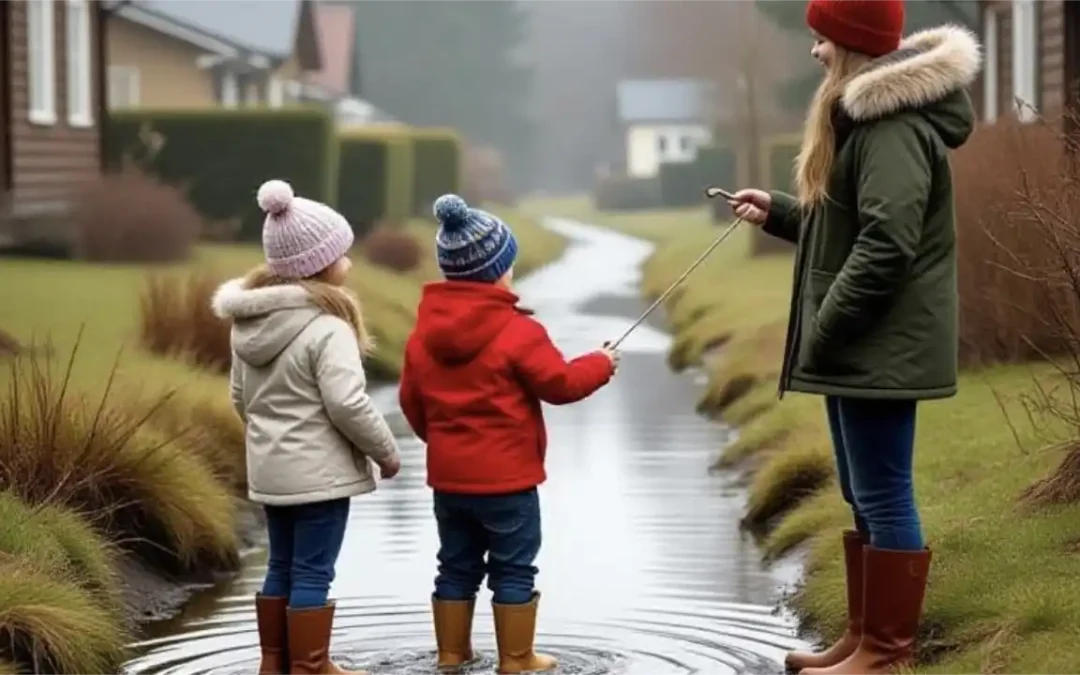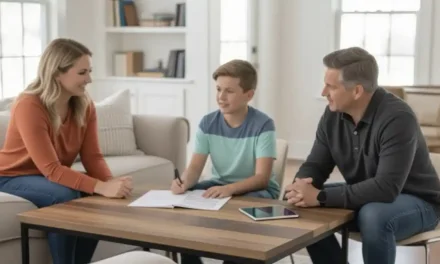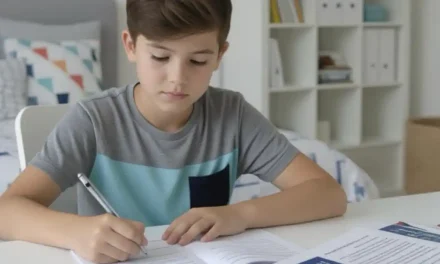
Encouraging Questions and Curiosity: Spark Wonder with Science
B
efore it’s about proving facts, science is about awe—about staring at raindrops or shadows and feeling a question stir. That wonder, not the worksheet, is where real curiosity begins. Like thinkers in ancient agoras who tested ideas in public, your child can learn that science isn’t just facts, but a lens of awe that opens up the hidden beauty of the world. When you pause with them to guess, observe, and explore, you affirm that their curiosity is powerful—and worthy of wonder.
One rainy day, my daughter watched drops race down the window. “Why do they move like that?” she asked. I asked her back, “What’s your guess?”—and her answers tumbled out: “They’re sliding,” “Maybe the wind helps.” We traced their paths, tilted the glass, compared ideas. By the end, she wasn’t just curious—she was confident. That window became a lab. She still brings that same mix of wonder and reasoning to class questions.
You don’t need a science degree or fancy tools. Just notice things together and stay curious. Invite guesses before explanations. Try things out. These habits, rooted in observation and experimentation, lay the groundwork for critical thinking. When your child learns that questions are welcome and discovery is a shared adventure, science becomes not a subject—but a way of seeing.
Encouraging questions and curiosity

Encouraging Questions and Curiosity: Cheer Effort Over Answers
When you praise effort instead of correct answers, children build resilience and confidence. Learn how to encourage growth through perseverance and process.

Encouraging Questions and Curiosity: Self-Discovery Through Wonder
Encouraging questions and awe helps children explore who they are and shape their worldview. Spark wonder, curiosity, and self-discovery at home.
Table of contents

Primordial Soup for the Mind: Navigation
Navigate the book Primordial Soup for the Mind.
TIPS
- Use simple objects to spark science questions.
- Encourage guesses before explaining answers.
- Show excitement for their discoveries.
ACTIVITIES
- Rain Talk: On a rainy day, ask, “What do raindrops do?” Discuss for 10 minutes to spark science.
- Move Talk: Choose a moving object and ask, “What makes it move?” Discuss for 15 minutes to fuel curiosity.
EXAMPLE
My son was puzzled by a spinning top. I asked, “What makes it spin?” and his guesses grew bold, boosting his science curiosity.

Download “Primordial Soup for the Mind: A Parent’s Guide to Nurturing Intellectual Growth”
Enter your information to get this article and hundreds more as part of the FREE book Primordial Soup for the Mind.
Share your thoughts with the Thought Academy community in the Comments section below.

Sharpen those skills!
Enter your information to get our FREE practice exercises so you can hone your critical thinking and reasoning skills!







0 Comments